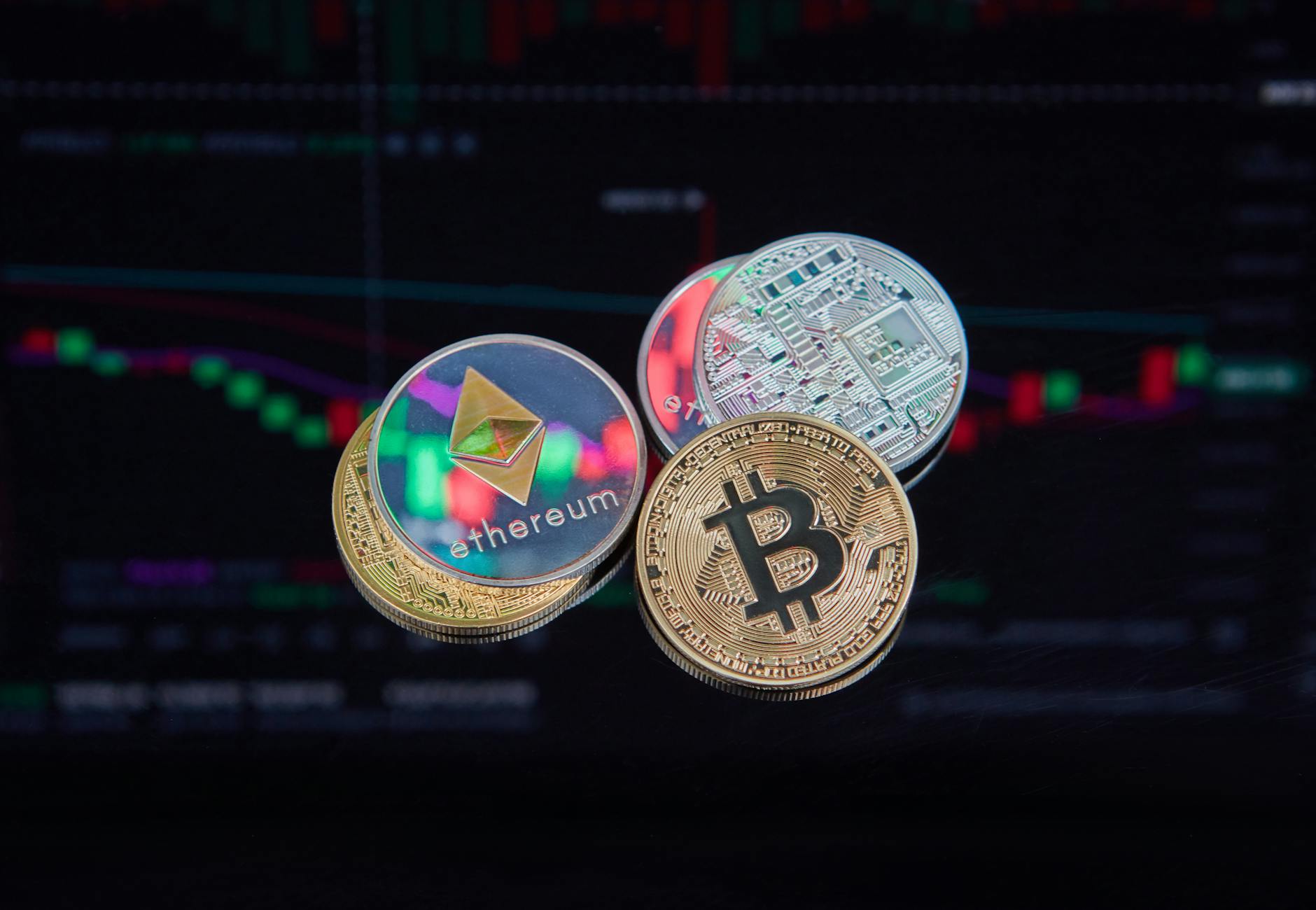Japan mandates crypto exchanges hold reserves: Ensures investor trust & safety
- Get link
- X
- Other Apps

Japan Mandates Crypto Exchange Reserves: A New Era of Investor Protection
Japan is making significant strides in bolstering investor confidence within its thriving crypto landscape. The Financial Services Agency (FSA) is spearheading a regulatory transformation that will require crypto exchanges to maintain mandatory liability reserves. These funds are specifically intended to compensate users in cases of hacks, theft, or systemic failures.
⚖️ This initiative arises amidst increasing security breaches involving digital assets in Japan and aims to bring crypto oversight in line with established financial market standards.
📌 FSA's Focus: Liability Reserves to Safeguard Users
⚖️ According to various reports from Japanese media outlets, including The Nikkei, the FSA plans to introduce a legal framework mandating exchanges to establish dedicated compensation reserves starting in 2026. This framework intends to provide a safety net for investors, ensuring they are protected against potential losses resulting from security incidents.
⚖️ These reserves would operate similarly to those in the securities industry, where firms are required to allocate capital ranging from ¥2 billion to ¥40 billion (approximately $12.7 million to $255 million), depending on their size and risk profile.
⚖️ Japan’s crypto market, which includes over 12 million accounts, has faced numerous security incidents. This includes the 2024 DMM Bitcoin breach, where attackers stole over 4,500 BTC by exploiting a vulnerability in a third-party wallet provider.
Even the previous exemption for cold wallets, which was considered adequate risk mitigation, will be phased out as part of the broader tightening of custody rules.
💱 The FSA’s working group, under the Financial System Council, is reviewing legal definitions and preparing a report recommending mandatory reserves. The agency is also considering allowing exchanges to use insurance to cover part of the required liabilities, reducing the financial strain on smaller platforms.
📌 Historical Context: Restoring Trust After Breaches
📜 Japan's current push for stronger regulation is rooted in a history of crypto-related failures, from the Mt. Gox collapse in 2014 to the DMM Bitcoin and SBI Crypto breaches in 2024 and 2025. These incidents eroded investor trust and highlighted the need for robust protective measures.
Analysts suggest that the proposed reserves could rebuild trust by ensuring prompt compensation in the event of incidents, even during exchange bankruptcies. This proactive approach aims to prevent prolonged legal battles and financial uncertainty for affected users.
Under the new framework, exchanges will be required to segregate customer assets, maintain audited reserve accounts, and undergo stricter risk assessments. A court-appointed administrator could oversee asset returns if an exchange fails, avoiding the protracted legal issues faced by Mt. Gox creditors.
📌 Expanding Regulatory Scope: Beyond Liability Reserves
Japan's regulatory overhaul goes beyond just liability reserves. The FSA is also exploring new registration requirements for wallet-management and custodial service providers, following breaches linked to outsourced systems.
Additionally, policymakers aim to reclassify crypto assets under the Financial Instruments and Exchange Act, which could pave the way for regulated crypto ETFs, investment trusts, and improved tax treatment.
⚖️ If approved during the 2026 Diet session, these reforms would position Japan among the world’s most secure digital-asset jurisdictions, balancing investor protection with support for responsible industry growth.
📌 Stakeholder Perspectives
Here’s a brief overview of how different stakeholders might view these changes:
| Stakeholder | Position | Impact |
|---|---|---|
| Lawmakers (FSA) | 👥 💰 ⚖️ Pro-Regulation; enhance investor protection and market stability. | 🏢 📈 Increased oversight and compliance requirements for exchanges. |
| 🏢 Crypto Exchanges | Mixed; some support, others concerned about costs. | 👥 Potential financial burden, but improved investor confidence. |
| 👥 Crypto Investors | ⚖️ 📈 Generally Positive; increased security and trust. | Greater confidence in the safety of their investments. |
📌 🔑 Key Takeaways
- Japan's FSA is implementing mandatory liability reserves for crypto exchanges to protect investors from hacks and failures, aiming for implementation by 2026.
- The new regulations seek to restore trust in the crypto market following several high-profile breaches, ensuring quicker compensation for affected users.
- These changes could position Japan as a leading jurisdiction for secure digital assets, balancing investor protection with industry growth.
- The FSA is also considering allowing exchanges to use insurance to cover some liabilities, easing the financial burden on smaller platforms.
Japan's move to mandate crypto exchange reserves represents a significant step toward legitimizing the digital asset space. We anticipate a ripple effect, where other nations may follow suit, prompting a global shift toward enhanced regulatory frameworks for crypto exchanges. This heightened security and regulatory clarity could attract institutional investors who have been hesitant due to perceived risks. Furthermore, while smaller exchanges might struggle with the increased financial burden, this could lead to greater consolidation within the industry, leaving larger, more robust platforms to dominate the market.
- Evaluate exchanges operating in Japan to determine their preparedness for the 2026 regulatory changes and potential impact on service fees.
- Monitor announcements from other countries regarding similar regulatory initiatives, as these could indicate broader market trends.
- Consider allocating a larger portion of your crypto portfolio to exchanges based in jurisdictions with strong regulatory frameworks for enhanced security.
⚖️ Custody: Refers to the secure storage and management of digital assets. Custodial service providers specialize in safeguarding private keys and ensuring the protection of crypto holdings.
— John C. Bogle
Crypto Market Pulse
November 25, 2025, 22:10 UTC
Data from CoinGecko
This post builds upon insights from the original news article, offering additional context and analysis. For more details, you can access the original article here.
- Get link
- X
- Other Apps

